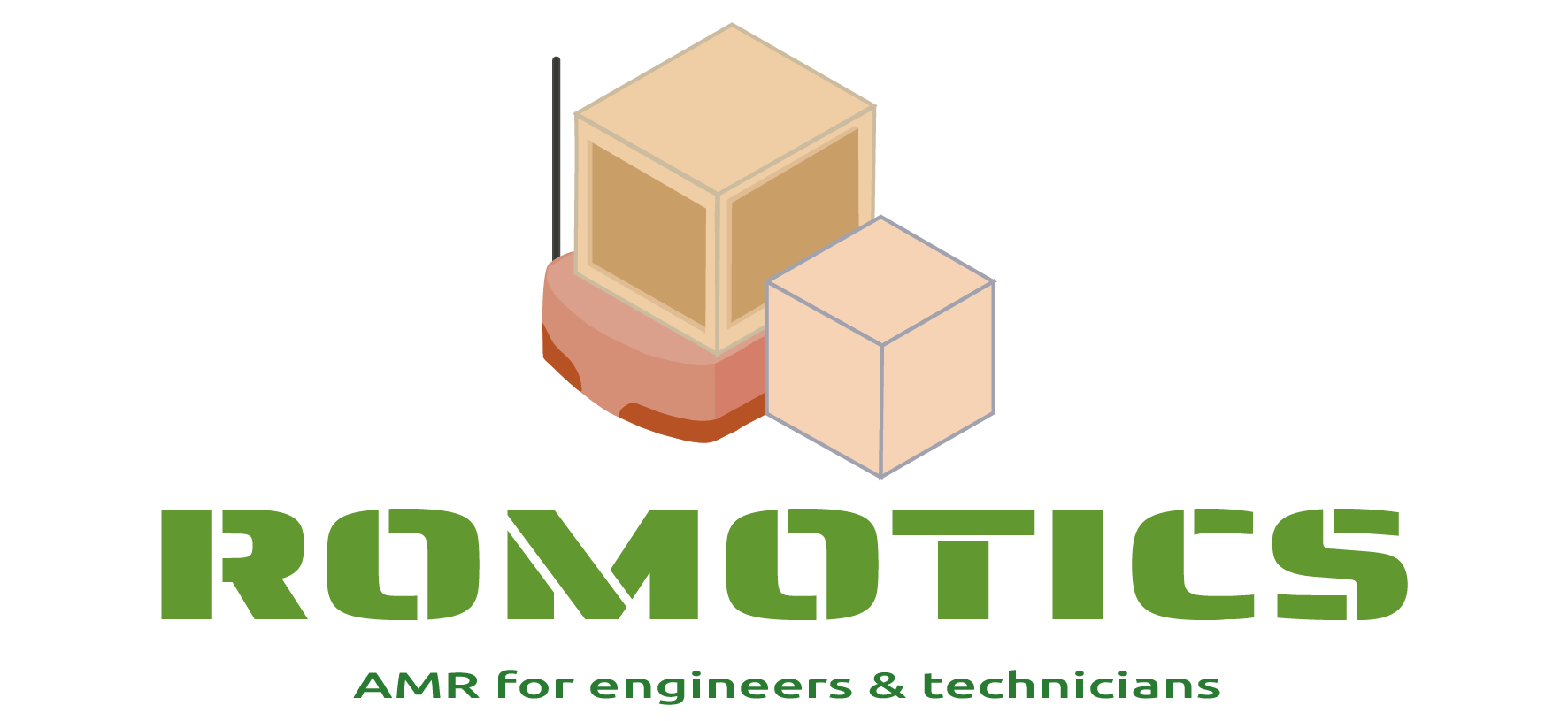Across all industries, manufacturers and their warehouse service providers are constantly looking for process optimisation to address challenges such as labour shortages, increased competition, and the need for agile production as well as quick deliveries. AMRs (Autonomous Mobile Robots) have become an efficient means of automating internal transport tasks for companies worldwide in just a few years. As AMRs have established themselves as an innovative technology, manufacturers, warehouses and distribution facilities have increasingly sophisticated needs as the demand for automated aids specifically designed for handling has increased: from general purpose AMRs to forklifts and high reach trucks, to Automated Guided Vehicles (AGVs) for receiving, storing, moving and shipping items faster and more accurately.
With the growing trend towards automation and the implementation of various AMRs and other automated vehicles, more complex traffic situations are being created. Very often, logistics systems come from different suppliers, with different operating standards and separate control systems, and this complexity is not ideal for the end user who is looking for ease of use and a single control and support mechanism for the entire fleet of AMRs and automated vehicles.
This is the context for the Erasmus ROMOTICS – AUTONOMOUS MOBILE ROBOTS IN INDUSTRY 5.0 project that will help prepare students (future workers) for emerging technological realities in the automated systems and robotics fields for the Industry 5.0 scenario where there is even more collaboration between humans and robots. Industry is presently seeing a massive digitalization of mechanical processes and creating smart factories. Automation of internal logistics is a recurrent issue for both large and small companies. Why use employee resources to move materials around when you can automate these tasks and have employees focus on higher-value activities? By automating material transportation, organizations can optimize productivity and can schedule deliveries more effectively to reduce production bottlenecks and human errors. According to Deloitte’s 2017 article (Autonomous Robots and the Future of Supply Chain | Deloitte US) “autonomous robots could provide a competitive advantage to employers within the next 10 years. Autonomous Mobile Robots (AMR) can be used to improve the speed and accuracy of routine operations, particularly in warehousing and manufacturing spaces; WORK-SIDE-BY-SIDE WITH HUMANS for added efficiency; and reduce the risk of employee injury. Particularly, now that customer expectations and volumes of packages, shipments, and orders reach unsustainable levels for traditional approaches.
Romotics aims to tackle this labour need by providing a ready to use training Module to make European HE robotics students ready to meet the needs of the warehousing, manufacturing, and logistics industries to implement, optimize and develop these automated solutions. Better skilled student graduates from all the partner countries will not only improve the Industrial fabric and prosperity of each partner country but also improve the employability of technical graduates in these countries, countries still challenged by excessively high youth unemployment rates. Improving the chances of employment by improving demanded skills is paramount. This European level training provision for students will also benefit the social fabric and active citizenship of European citizens.
Partners:
- Txorierri Politeknika Ikastegia (Spain)
- APRO (Italy)
- ADAMIC (France)
- IDEC (Greece)
- European Digital Learning Network ETS (Italy)
Stay up to date on the project online:
Visit the website: https://www.romotics.eu/
Follow the project activities on
- Facebook: Romotics
